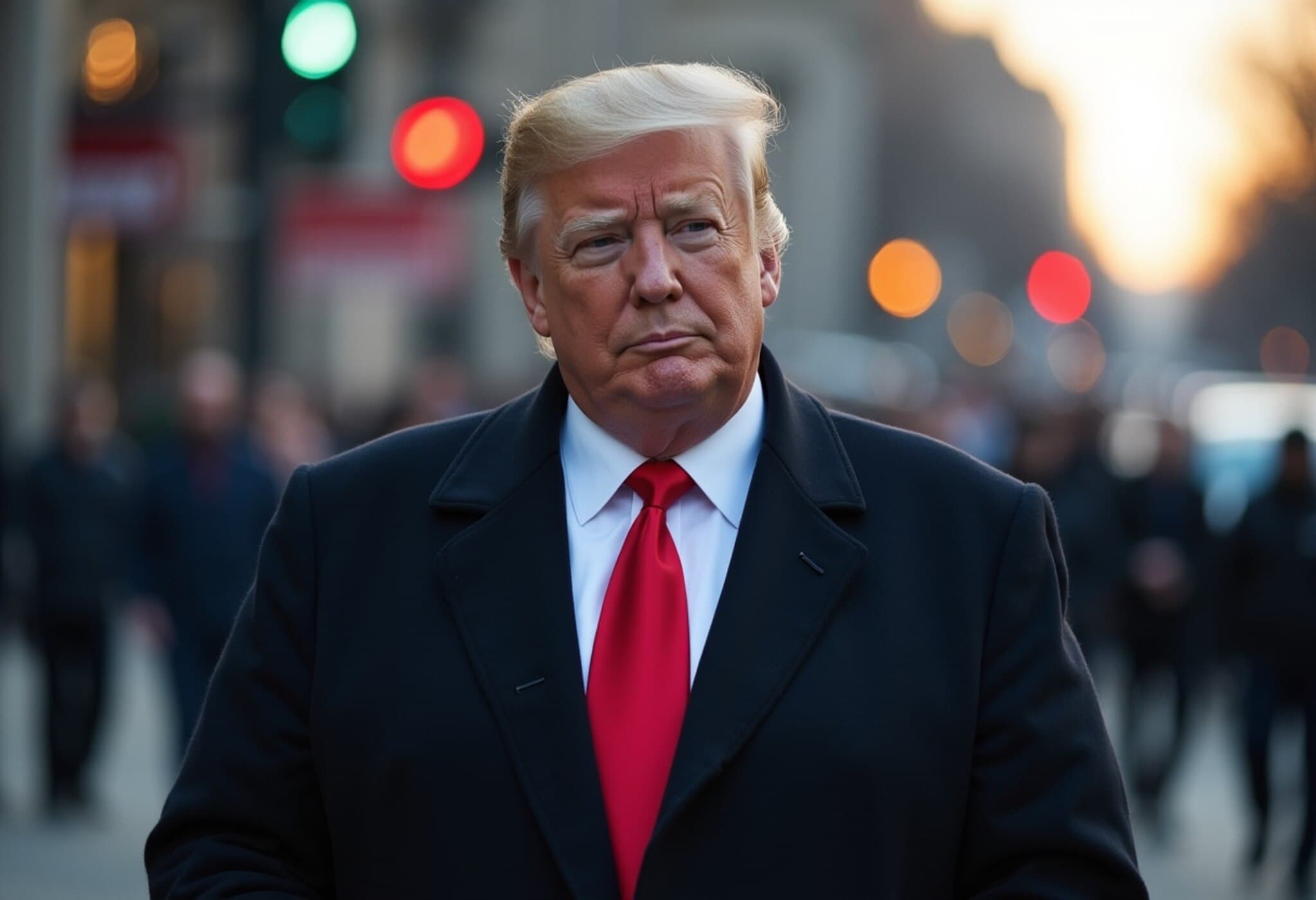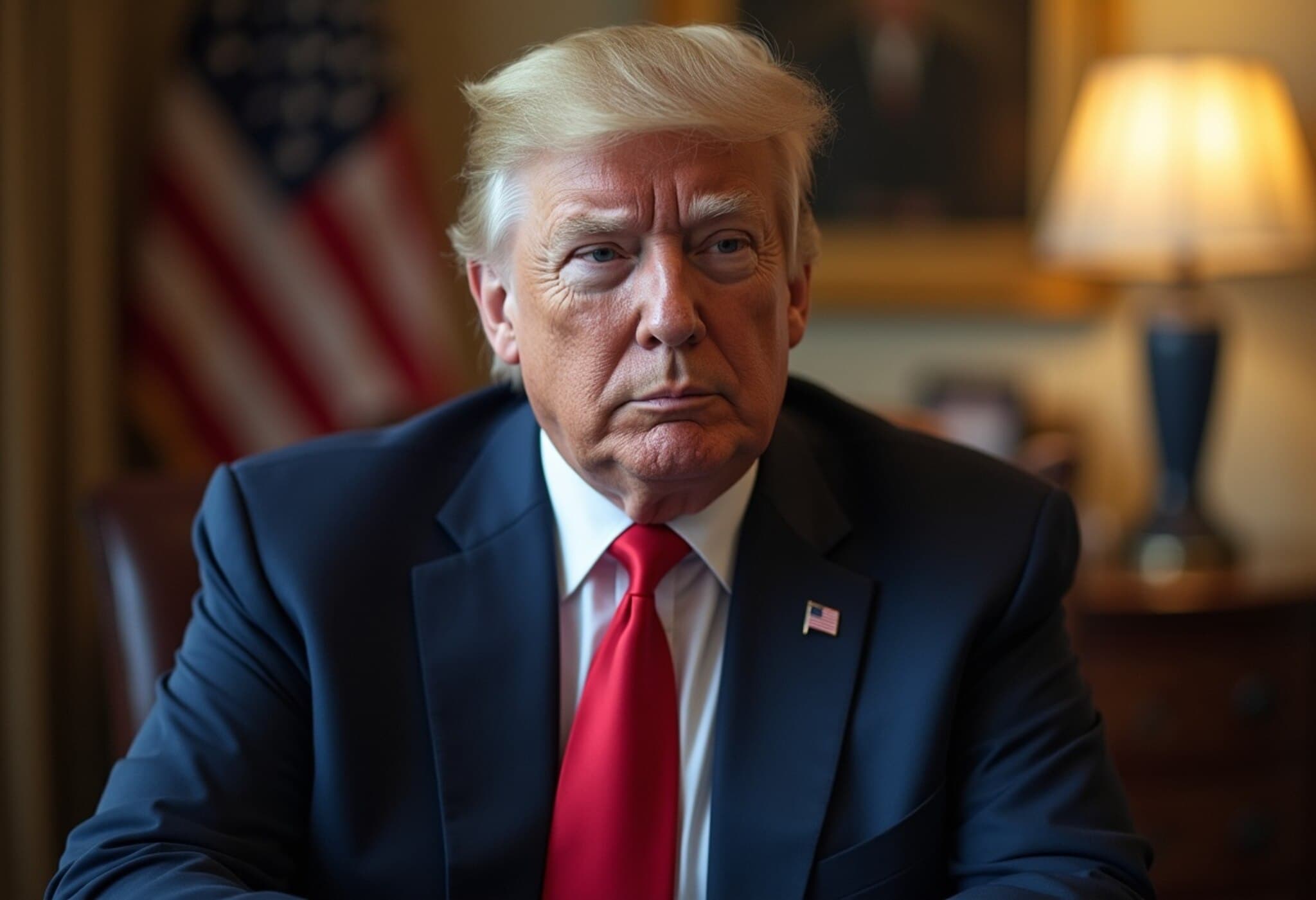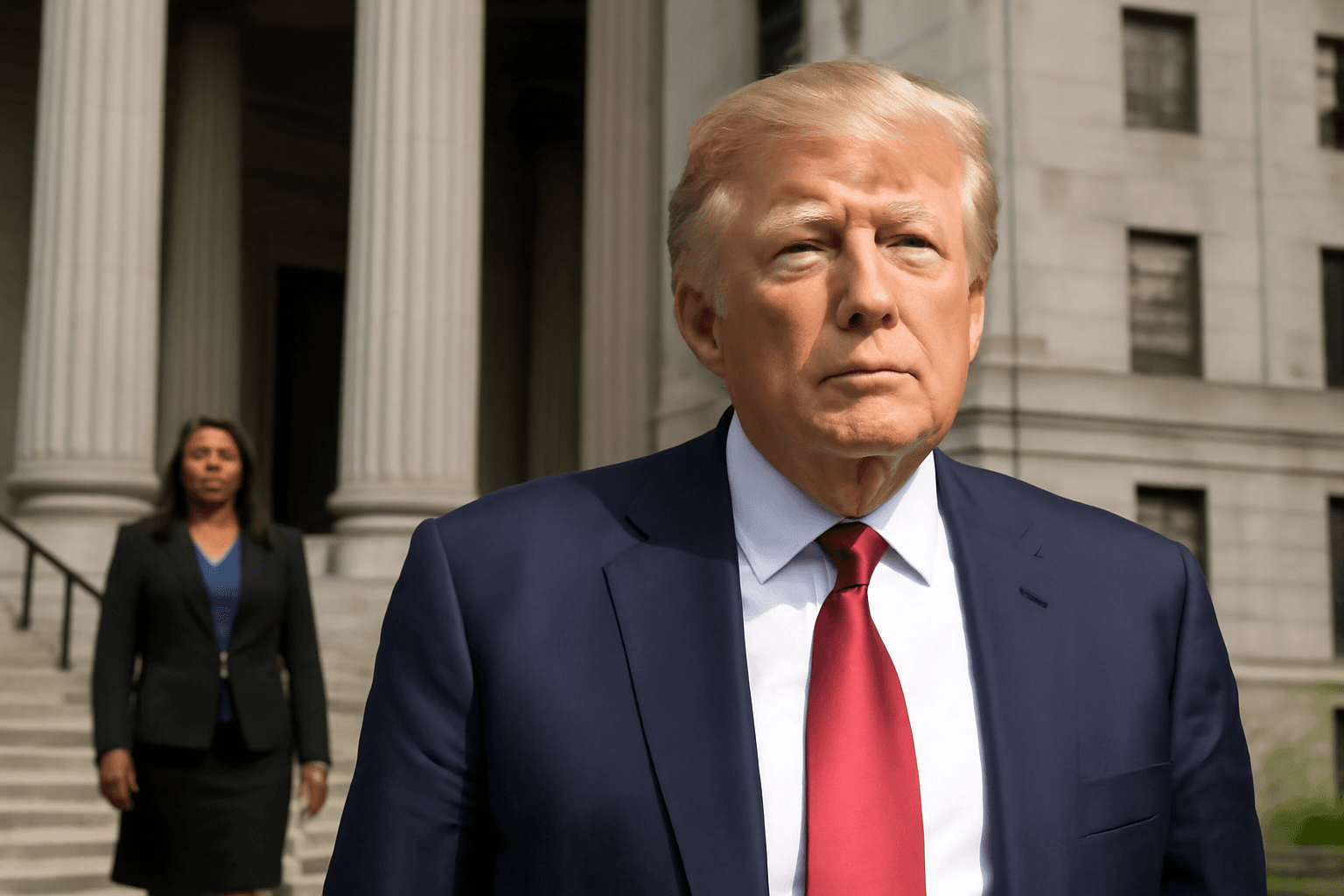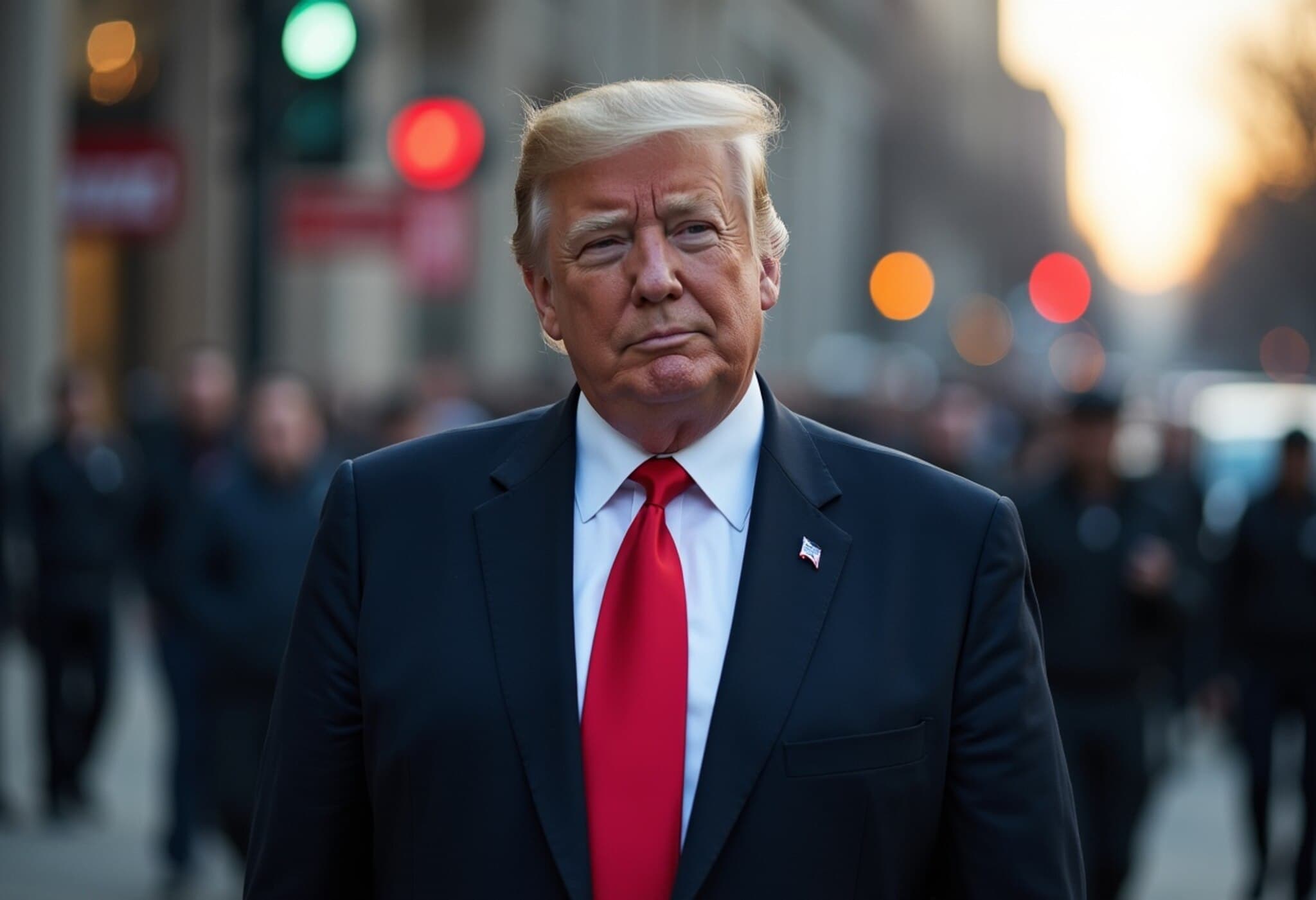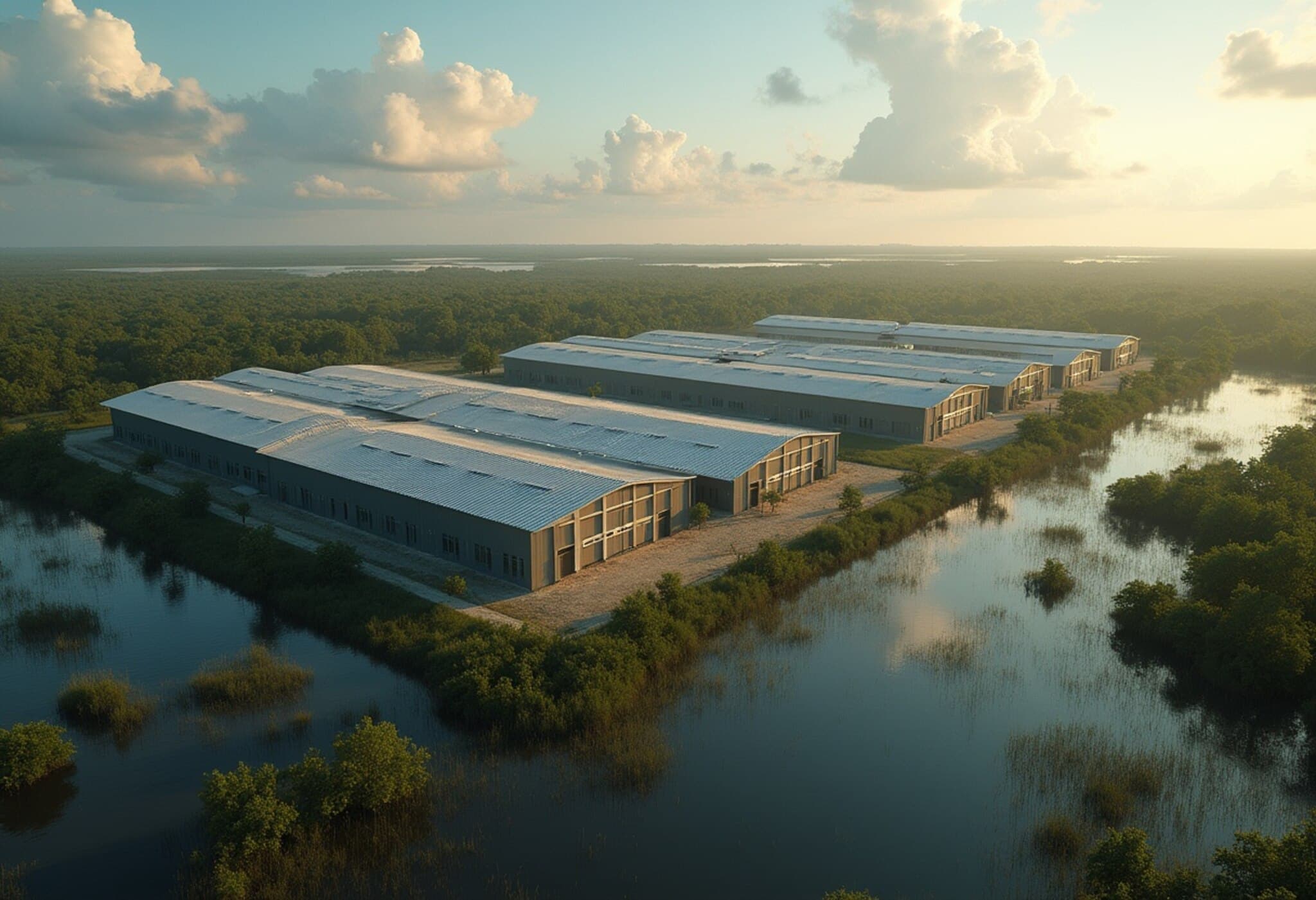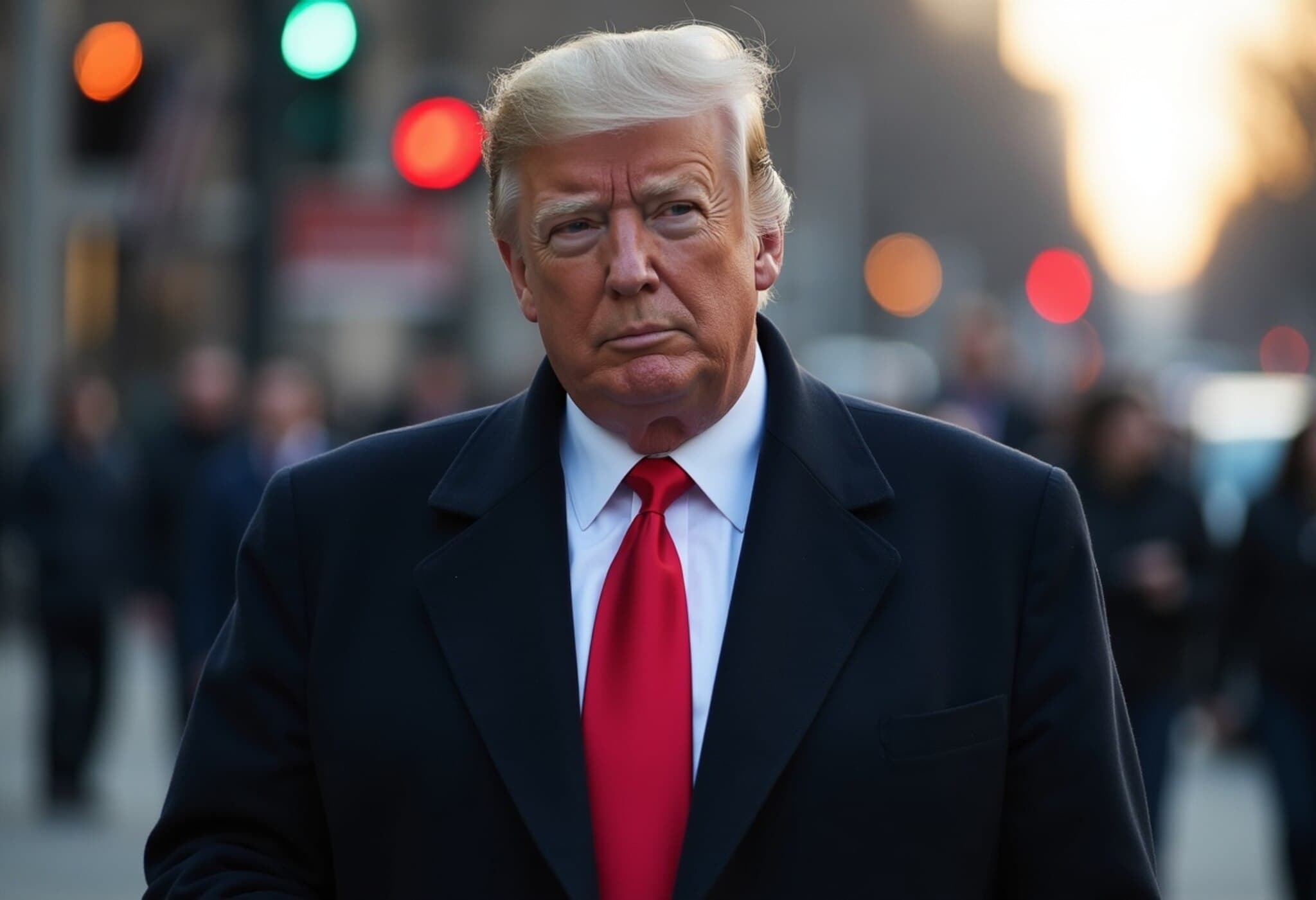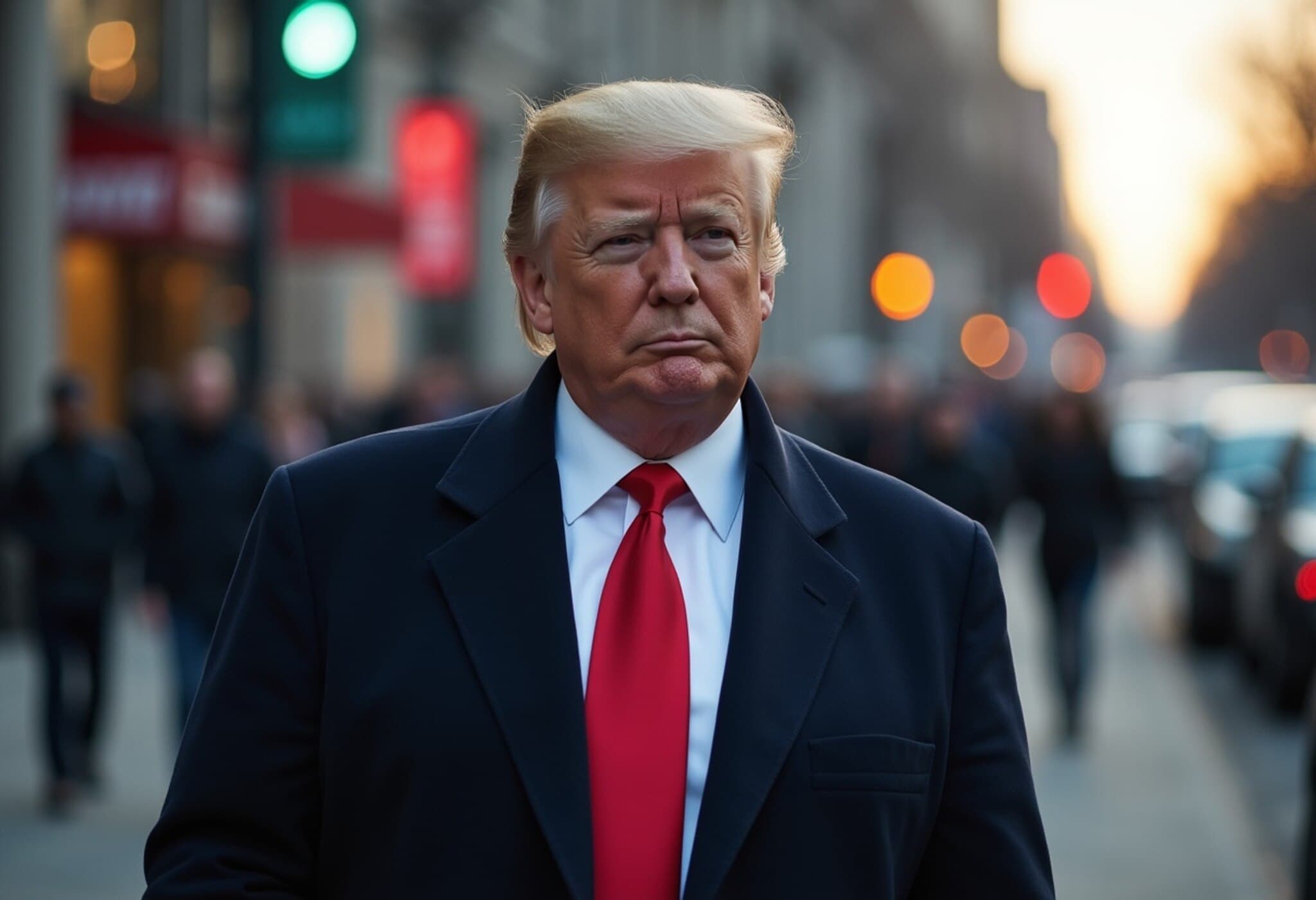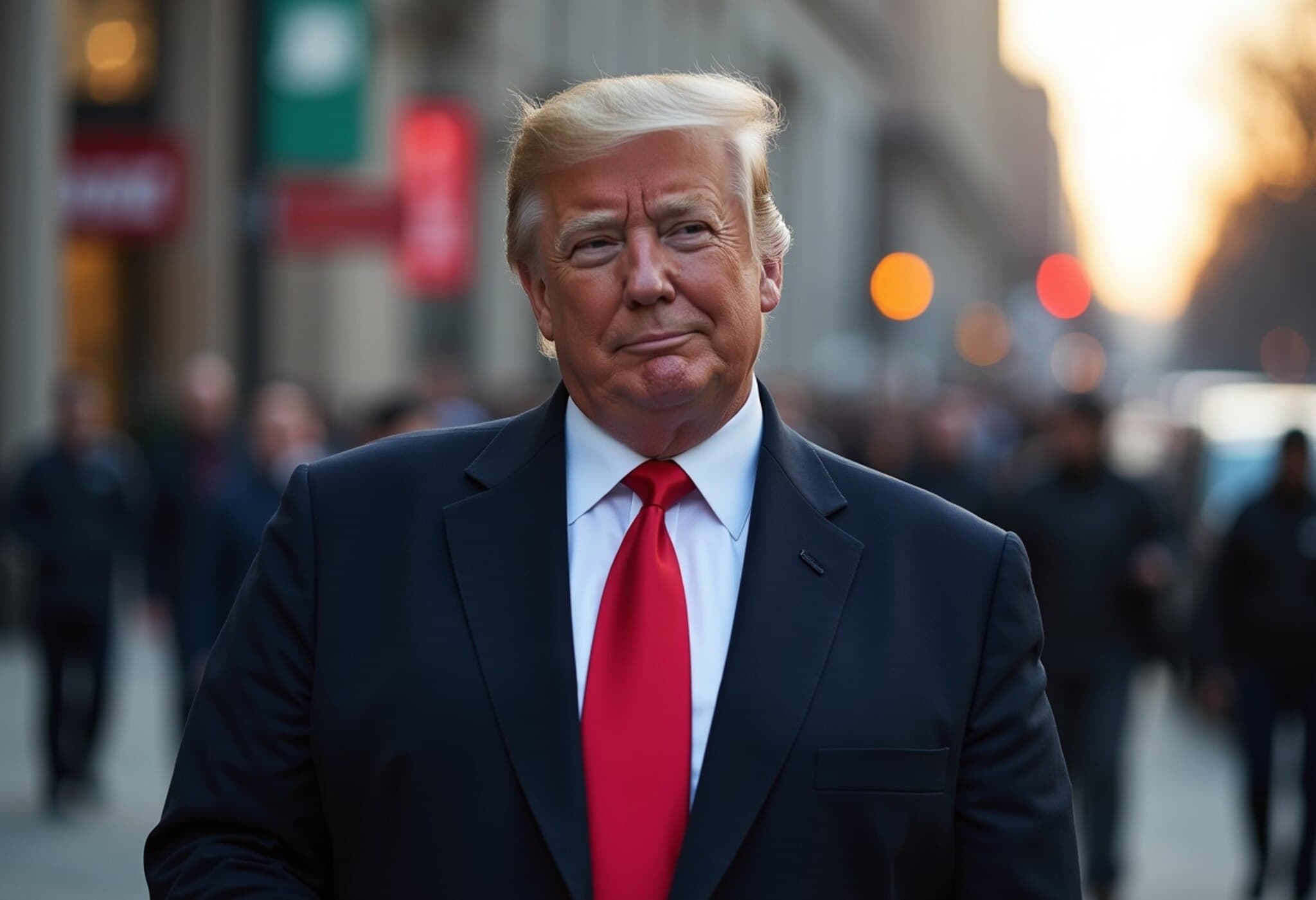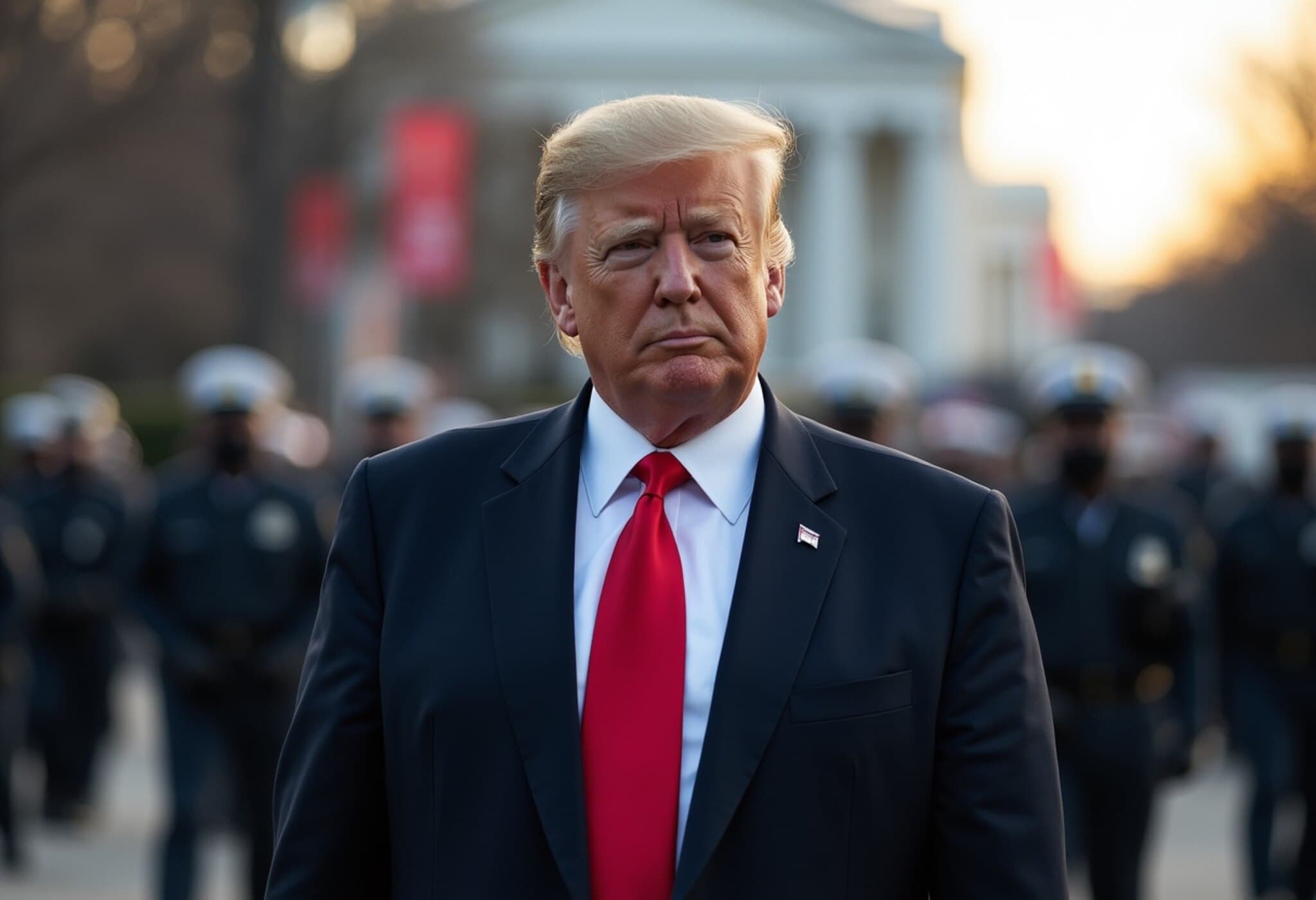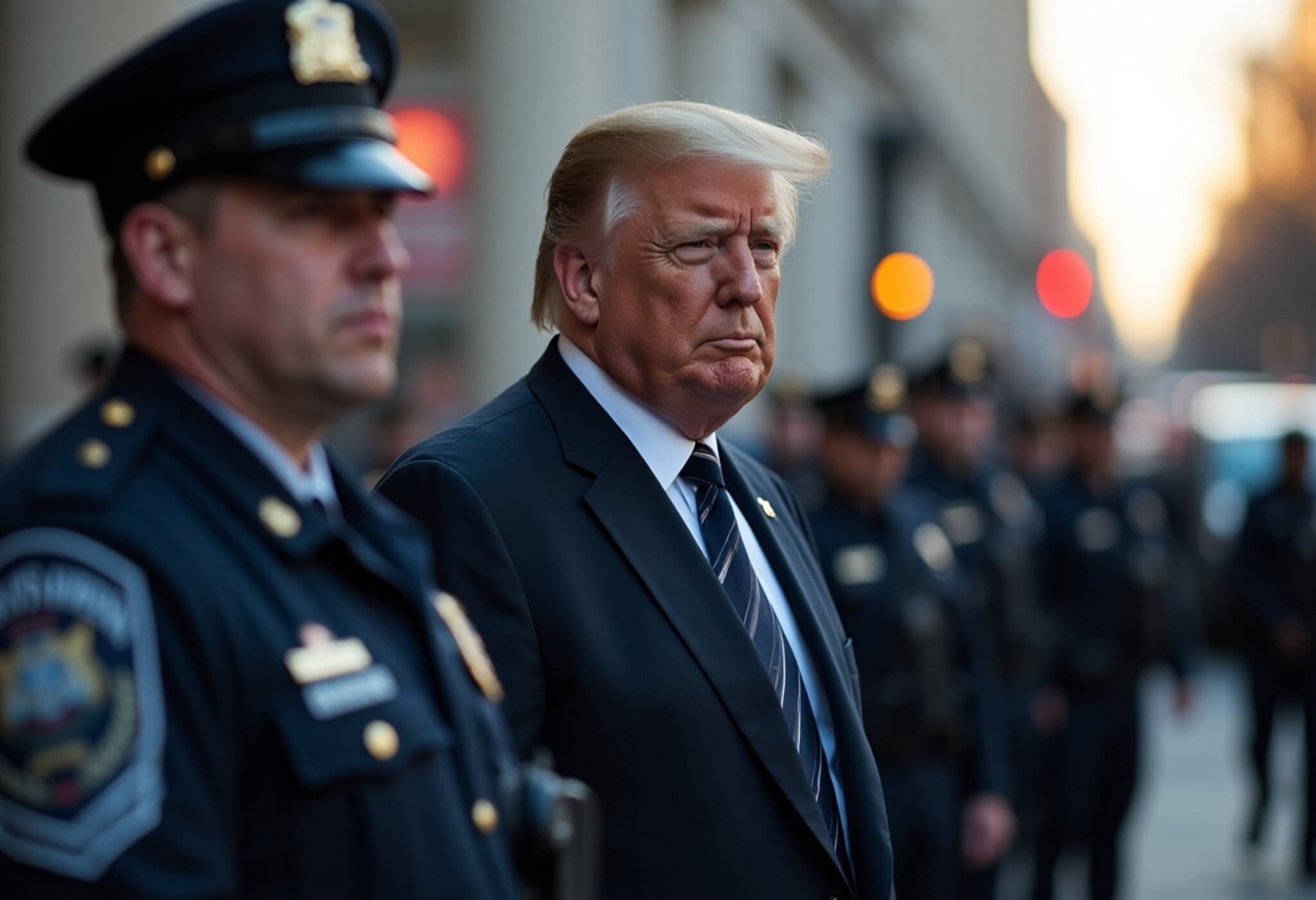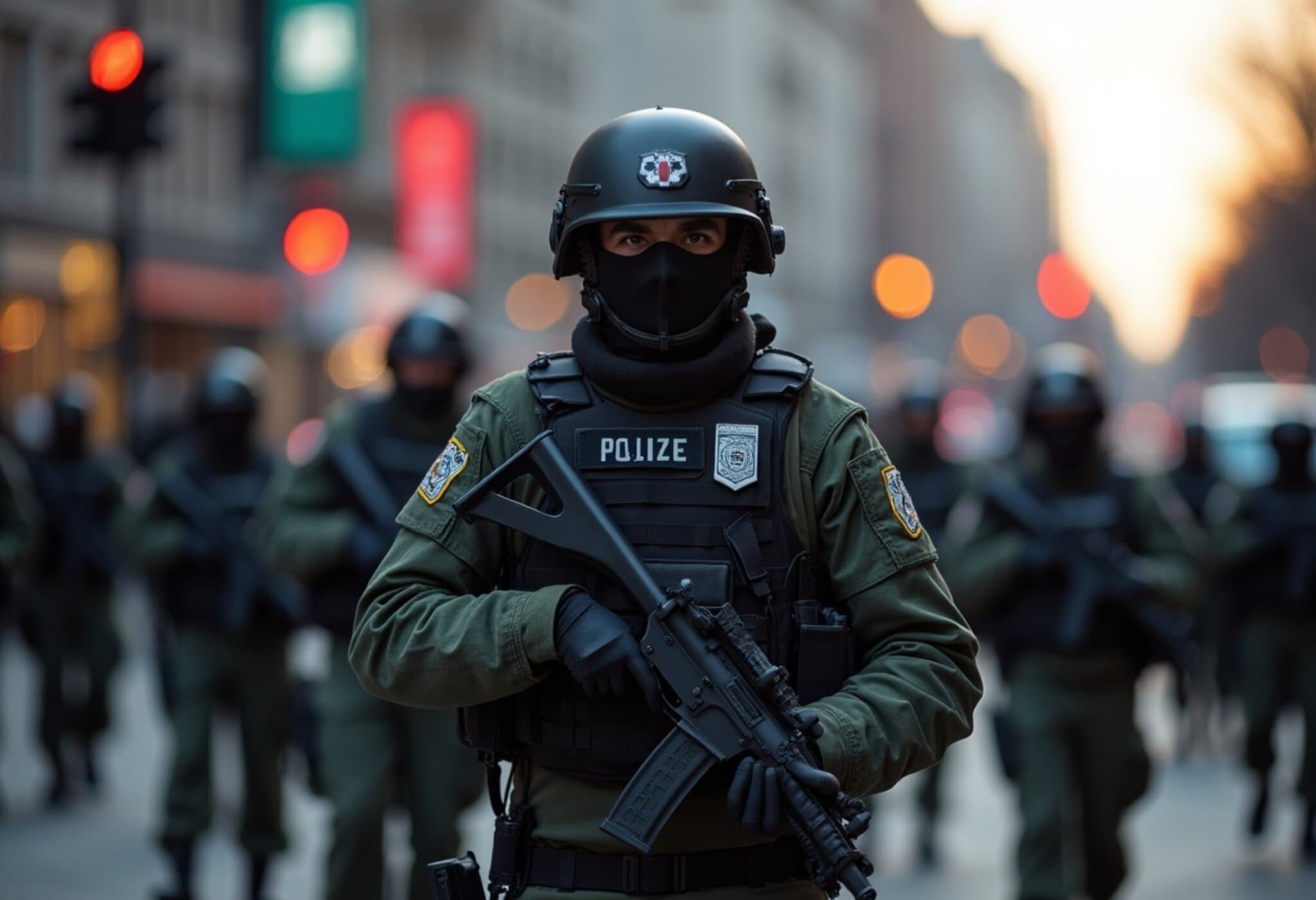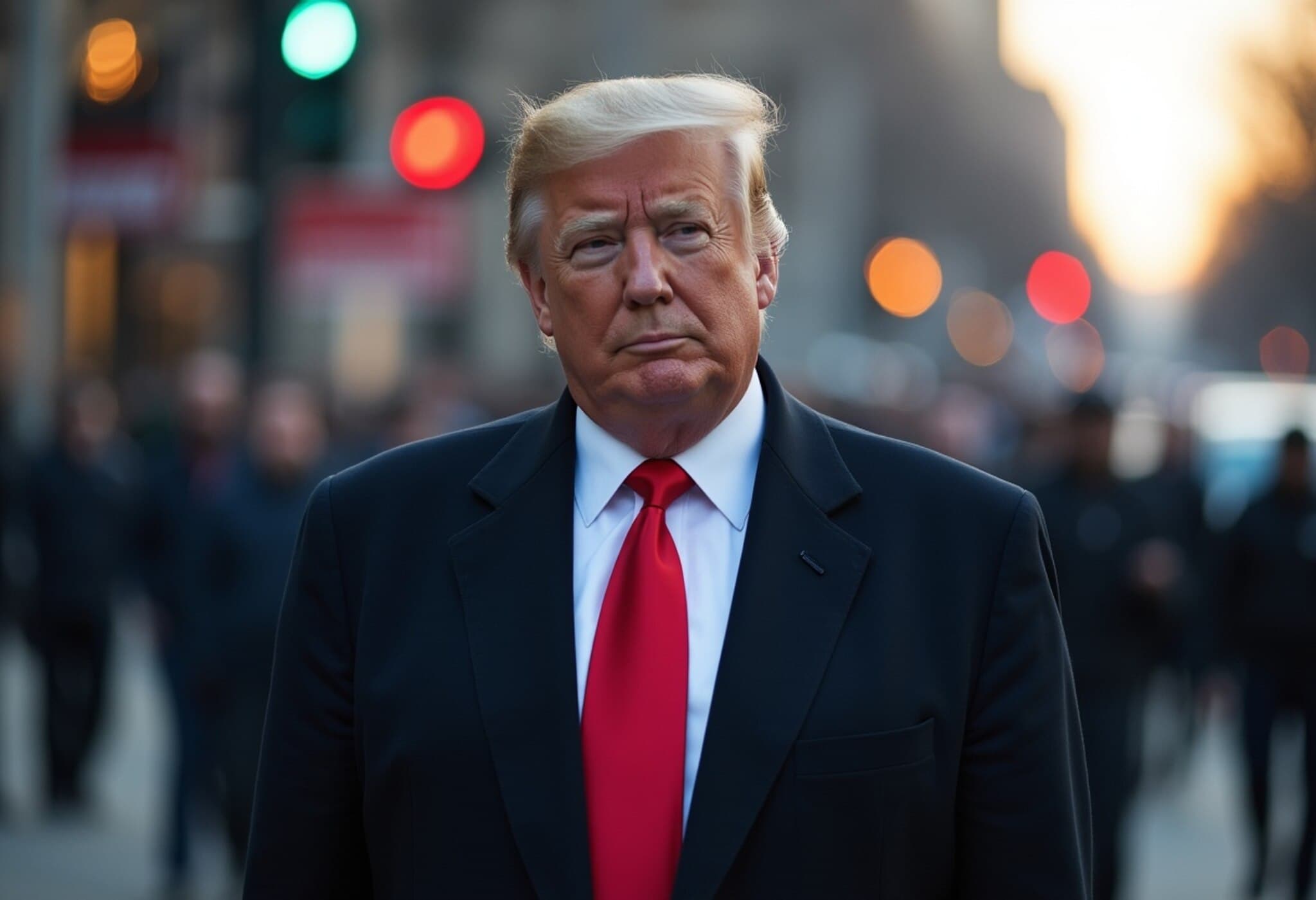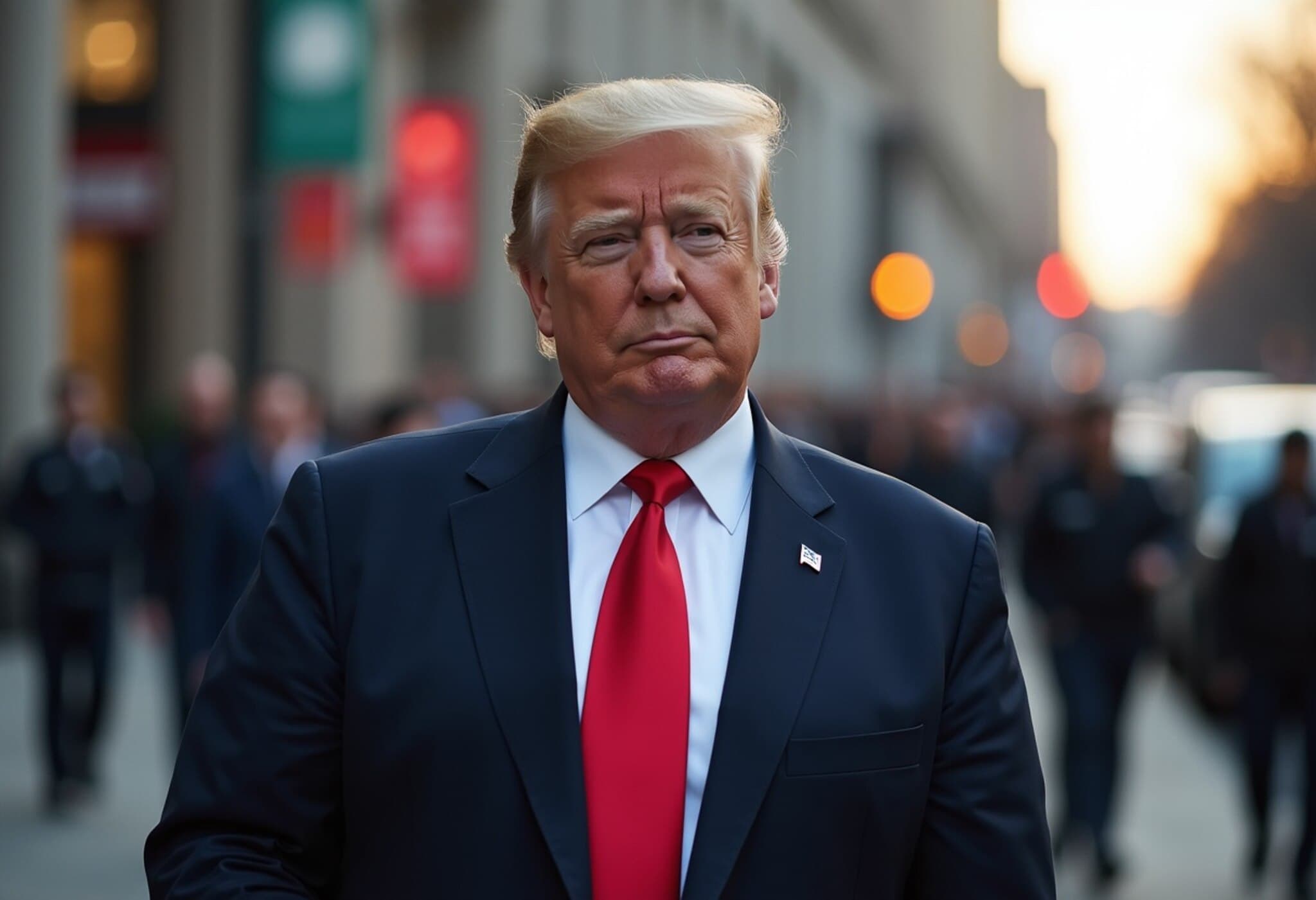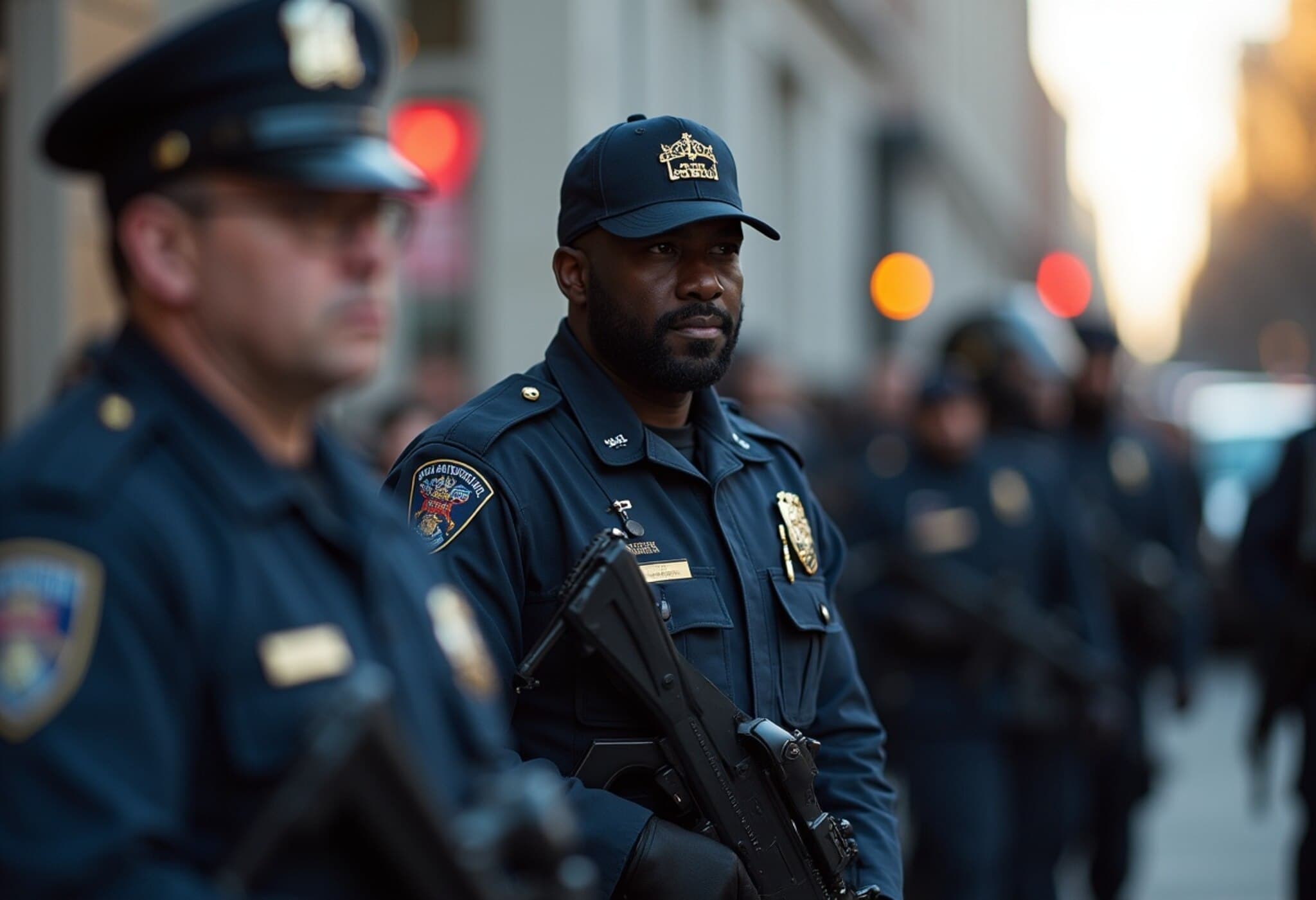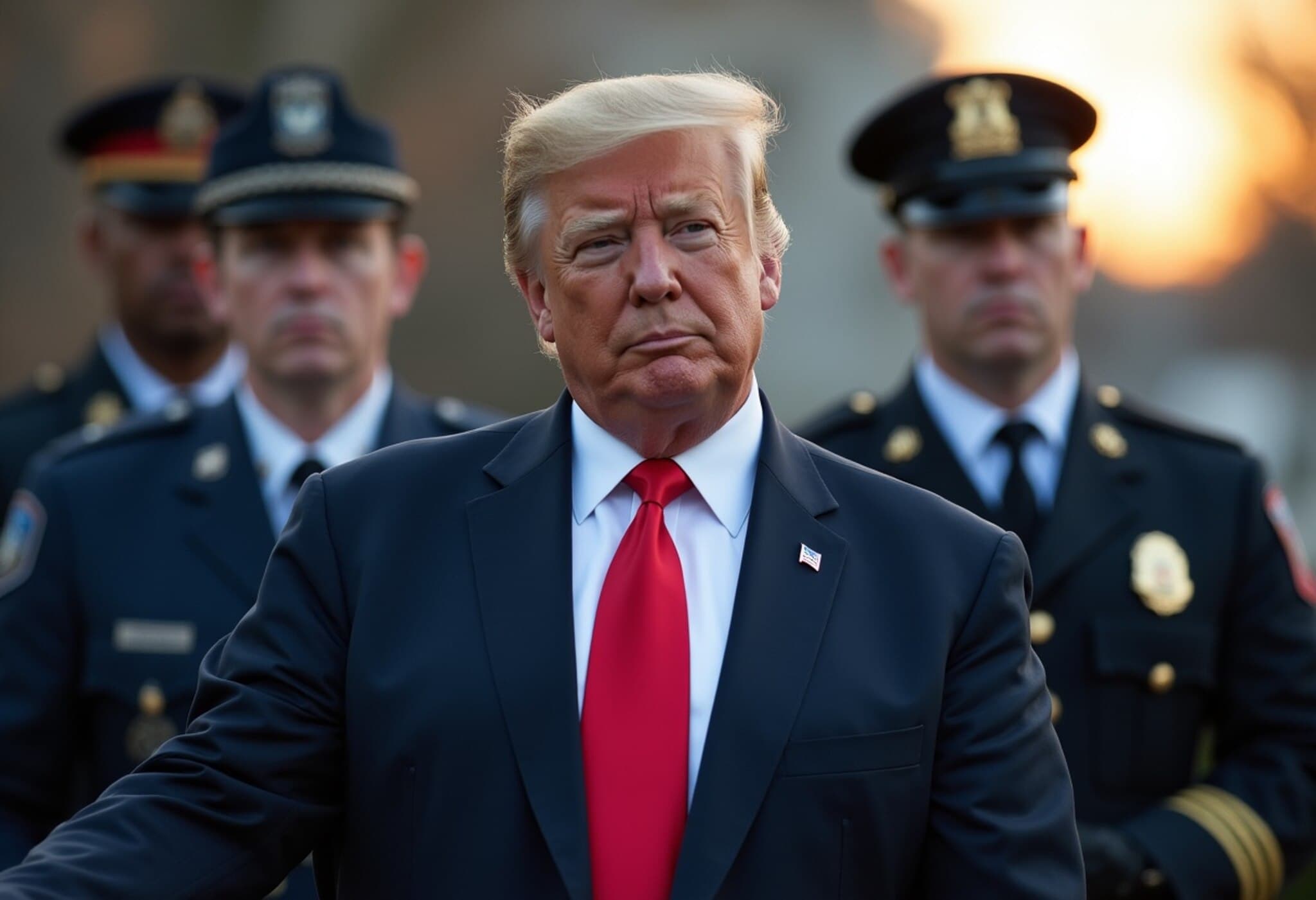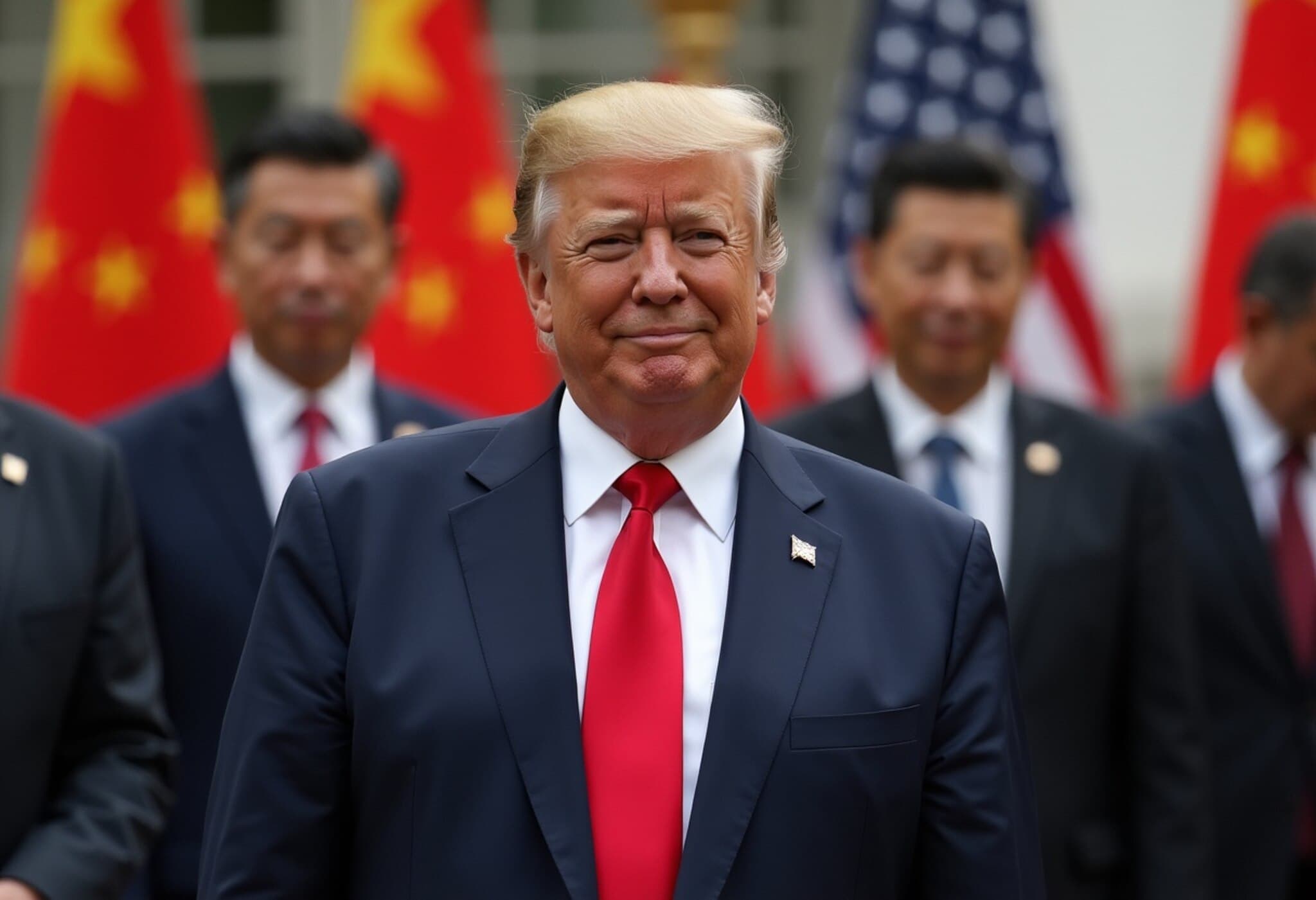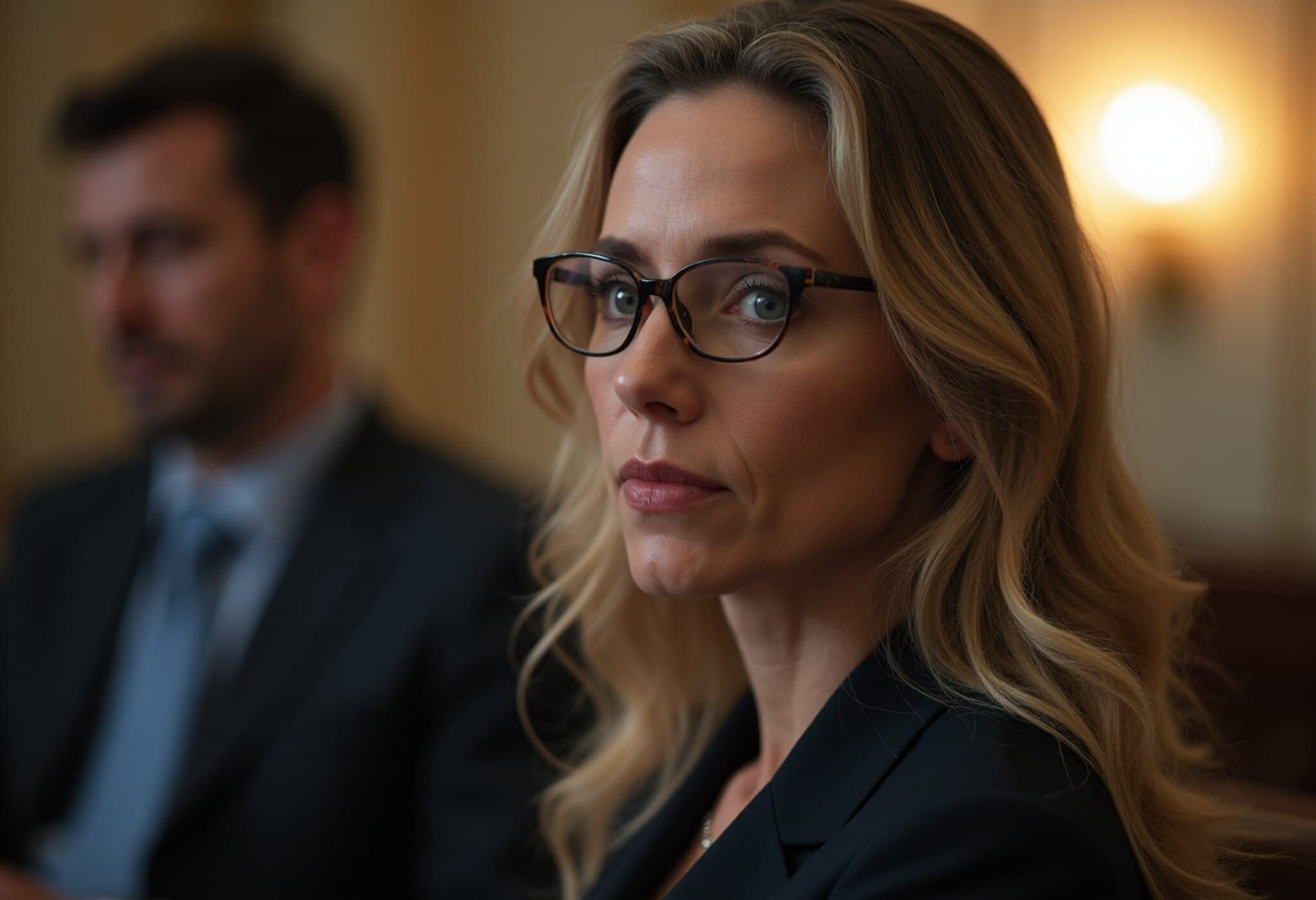Trump Moves to Federalize Washington, DC Police and Deploy National Guard
In a bold and controversial move on August 11, 2025, former US President Donald Trump announced that he is placing the Washington, DC, police department under federal control and has ordered the deployment of National Guard troops to the city. Citing what he termed as a “wave of lawlessness,” Trump stated his intention to “take our capital back,” despite official statistics showing a significant decline in violent crime in the city over recent years.
Augmented Federal Law Enforcement Presence
The move comes following an escalation in the federal law enforcement footprint in Washington, DC. Currently, approximately 450 officers from over a dozen federal agencies including the FBI, Immigration and Customs Enforcement (ICE), the Drug Enforcement Administration (DEA), and the Bureau of Alcohol, Tobacco, Firearms and Explosives (ATF) have been deployed across all four quadrants of the city, focusing on high-traffic areas.
Contrasting Crime Statistics and Political Claims
Trump declared from the White House, flanked by Defense Secretary Pete Hegseth and Attorney General Pam Bondi, that the capital had been "overtaken by violent gangs and bloodthirsty criminals" and called for a restoration of law and order. However, local officials present a different narrative. DC Mayor Muriel Bowser challenged Trump's assertions, emphasizing that the city witnessed a 26% decrease in violent crime in the first seven months of 2025, following a 35% drop in 2024. Overall crime rates reportedly fell by 7% in the same period. These statistics point to Washington experiencing its lowest violent crime rate in over three decades.
The Gun Violence Conundrum
While violent crime in general has decreased, gun violence remains a deeply concerning issue in DC. According to the advocacy group Everytown for Gun Safety, in 2023 Washington held the third-highest gun homicide rate among US cities with populations exceeding 500,000. This ongoing problem adds complexity to law enforcement and public safety efforts, underscoring that while broad crime may be declining, targeted violence persists.
National Guard Deployment: Legal and Political Implications
Trump’s deployment of the National Guard is part of a broader pattern observed this year, including a notable 5,000-troop deployment to Los Angeles in response to protests over immigration raids—a decision met with resistance from state and local authorities who deemed it excessive and unwarranted. A federal trial is currently underway in San Francisco to examine whether the Trump administration violated legal protocols by deploying the National Guard and Marines in California without the governor's consent.
Importantly, unlike US states where the National Guard answers to the governor, the District of Columbia's National Guard falls under presidential command, granting Trump direct control. Guard troops have historically been deployed to DC during periods of unrest, such as following the January 6, 2021 Capitol riot and protests over police brutality in 2020—deployments that have faced criticism from civil rights advocates and city officials alike.
Trump’s Rhetoric and Social Media Messaging
In a post on his social media platform Truth Social, Trump boldly declared that DC would be "LIBERATED today," promising that "crime, savagery, filth, and scum will disappear" from the nation’s capital. He pledged to "MAKE OUR CAPITAL GREAT AGAIN," drawing parallels with his border control efforts, claiming zero illegal crossings in the past three months and positioning Washington as the next target for his crackdown.
Contextual Analysis: Balancing Crime Control and Civil Liberties
Experts and observers highlight the delicate balance between ensuring public safety and respecting civil liberties. The use of the National Guard in domestic law enforcement is constitutionally and legally constrained to prevent military overreach, adhering to the Posse Comitatus Act, which generally prohibits the military from direct involvement in civilian law enforcement. However, DC's unique federal status places it in a complex legal position.
This move raises critical questions about federal intervention in local governance, the politicization of public safety, and the potential impact on community trust—especially against a backdrop of declining violent crime statistics. Critics argue that aggressively militarizing law enforcement risks undermining community relations and exacerbating tensions without addressing underlying social issues.
Looking Ahead
The decision to federalize DC’s police and expand National Guard deployment undeniably marks a flashpoint in US law enforcement and political discourse. As the city navigates this upheaval, stakeholders from policymakers to residents are watching closely, weighing the implications for democracy, governance, and public safety in the nation’s capital.
The Larger Question: What Comes Next for Washington, DC?
- Will increased federal control tangibly reduce gun violence and crime, or simply shift enforcement strategies?
- How will the DC community respond to heightened military presence amidst claims of declining crime?
- What legal precedents could this set for federal intervention in other jurisdictions?
- Can a balance be struck between security and civil liberties without exacerbating social divides?

